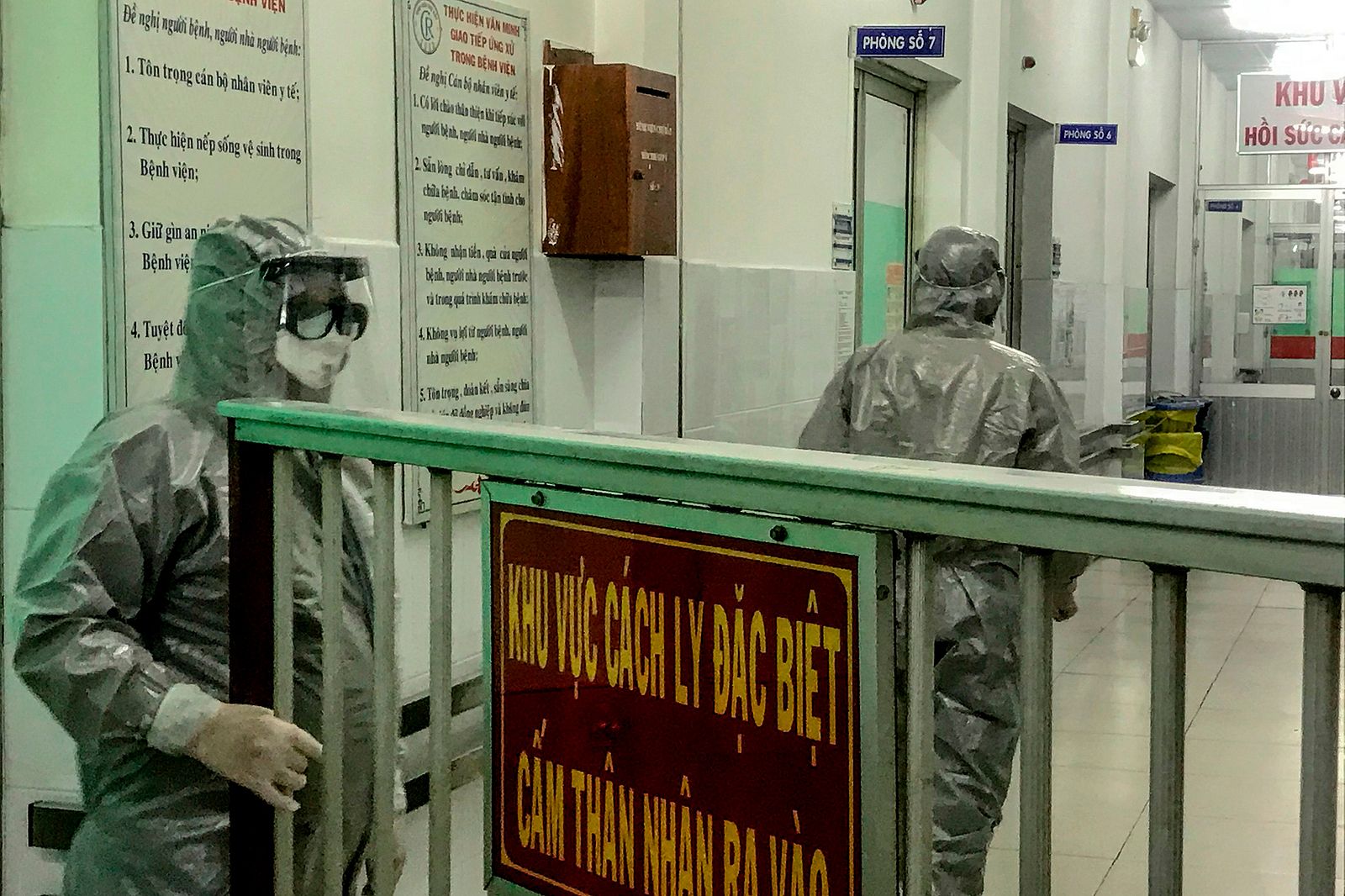Misguided attempts to discipline children can result in real harm to their psychological well-being.
During a conference on positive discipline hosted by two international kindergartens, it was revealed that 68.4% of children from one to 14 years old in Vietnam have suffered physical or mental punishment from their parents at least once in their lifetimes, Zing reports.
Meanwhile, statistics from previous research done in November 2017 by the General Statistics Office show that 74% of Vietnamese children aged two to 14 are punished physically by family members or nannies. About 24% of married women said that their husbands use physical force on their children at least once.
According to Dang Hoa Nam, director general of the Department of Child Affairs of the Ministry of Labor, Invalids and Social Affairs, corporal punishment is still often perceived as an expression of love in many Vietnamese homes. The psychological and physical harm done to children in the process is often overlooked.
The news source adds that Steven Foster, a professional clinical social worker and a certified positive discipline educator, shared at the conference that when parents were asked the definition of child discipline, 60% of answers are related to punishment.
"Physical punishment and verbal abuse only work at the time the incident happened. After that period, the child will learn to find ways to escape their parents' punishment. Parents should learn how to be both firm and kind, instead of opting for violent methods," said Foster.
Nam said that there are many causes that lead parents to opt for less-than-gentle punishment. Some can't control their sudden anger, some lack of experience in dealing with children, and some just don't know any better.
"Punishing the child using violent means can be satisfying because it saves the parents time educating their children; however it will inflict larger consequences in the child's brain and personality development. Parents are human, and when humans are angry, the emotional center of the brain will be more active while the thinking (cortex) part of the brain shuts down. To prevent venting anger on the child when they misbehave, parents should take a deep breath. Parents should also tell the child to communicate about the problem at another time when both parties have calmed down," Foster added.
[Photo via Vietnam Insider]














